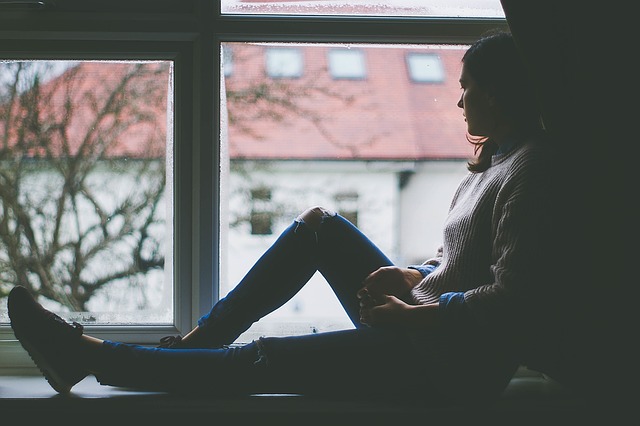Seasonal affective disorder, or SAD, is a form of depression that primarily affects people during the seasons of fall and winter. In some cases, year-round treatment with medication is recommended for people who suffer from SAD. But for many people with a history of SAD, research has shown that treatment with a light box beginning in early fall can be useful in preventing the disorder, according to a report by Globe Gazette.
The change in seasons is the main cause of SAD. The lower levels of sunlight during fall and winter can disrupt a person’s internal clock. Consequently, the disruption may lead to depression.
Seasonal changes also influence the body’s levels of melatonin and serotonin, two natural substances that play a role in sleep timing and mood.
According to Globe Gazette’s article,
SAD is more than just feeling blue as the days get shorter or having the doldrums in January. Instead, it involves persistent, pervasive symptoms of depression during wintertime.
Symptoms of SAD include feeling lonely, angry or easily irritable nearly every day, lack of interest in activities, persistent tiredness, difficulty concentrating, and in some cases, feeling that life isn’t worth living or having suicidal thoughts.
People with SAD often feel the need to sleep and eat more than usual. Carbohydrate cravings are also common.
There are treatments available for SAD. Light box therapy is particularly useful. This type of therapy involves light boxes that mimic outdoor light by emitting broad-spectrum ultraviolet light.
Generally, the prescription for light box therapy is 30 minutes of use at the beginning of every morning, with the light box approximately 12 to 24 inches away. The recommended intensity of light is 10,000 lux.
Medication may also be part of the treatment for SAD. The U.S. Food and Drug Administration approved bupropion, an antidepressant medication, for the prevention of SAD. Other antidepressant medications may be effective as well.
Psychotherapy has also recently been found to be effective for SAD.
























